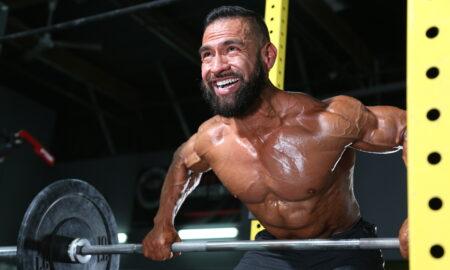Q: Working out in the morning would be best for my schedule, but I have zero energy then. Other than getting a hardcore trainer like Jillian Michaels to scream at me, are there any practical things I can do to increase my energy in the morning?
A: If you need a woman to yell at you, then may I suggest—nah, too easy. Your problem could be related to stress. Whether from everyday pressures, financial reverses or the nightly news, stress can have a severe impact on health and energy.
If you have problems getting up in the morning but you’re fine the rest of the day, you probably have what’s called a reverse cortisol curve. Your body produces the hormone cortisol at the wrong time, which means that you’re negatively adapting to stress and stressing your adrenal glands.
To test for that, you can take an adrenal hormone test, which involves producing saliva specimens at four specific times during the day and sending them to a lab for analysis of the adrenal hormones. The lab will rank you on a scale of 1 to 7; stage 1 indicates early signs of stress, and stage 7 is a condition of extreme adrenal fatigue that manifests itself in low morning energy and low sex drive.
One of the first steps in increasing energy is to eat energy-building foods at the right time. For breakfast I would start with what’s often called the meat-and-nut breakfast. For example, you might combine one or two buffalo meat patties and a handful of macadamia nuts, or a turkey burger with a handful of almonds. That type of breakfast will positively influence two important neurotransmitters that control your energy, increasing it in the morning. In contrast, if you have a swig of orange juice, it’s going to make you feel good for a while, but due to its effect on blood sugar and various other factors, it will quickly affect your mood—and by the time you get to the gym, you won’t be motivated to train.
Editor’s note: Charles Poliquin is recognized as one of the world’s most successful strength coaches, having coached Olympic medalists in 12 different sports, including the U.S. women’s track-and-field team for the 2000 Olympics. He’s spent years researching European journals (he’s fluent in English, French and German) and speaking with other coaches and scientists in his quest to optimize training methods. For more on his books, seminars and methods, visit www.CharlesPoliquin.com. IM




















You must be logged in to post a comment Login